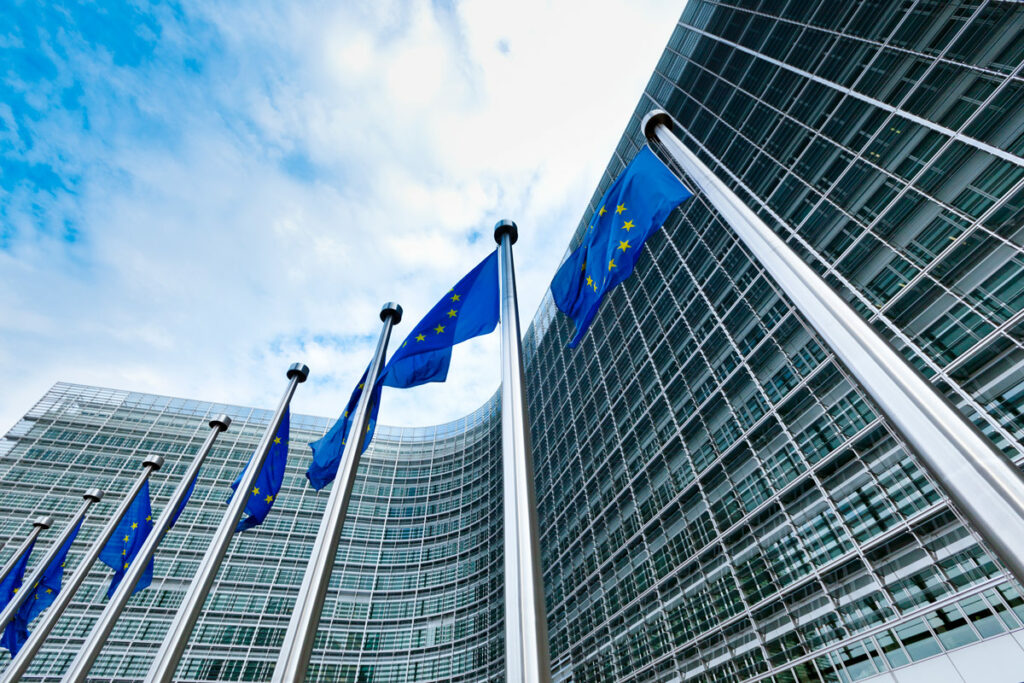EU takes action to monitor surge of ethanol imports threatening European industry
European Commission introduces surveillance measures as EU producers warn of massive increases of imports of ethanol for fuel from several countries
BRUSSELS, 15 September 2023 – The European Commission announced today it would introduce retroactive surveillance measures on imports of renewable ethanol for fuel from several countries, taking a vital step towards preventing further injury to a strategically important EU industry.
The decision allows a close three-year monitoring of the volume of fuel ethanol imports into the Union, which will facilitate a prompt and effective reaction in case the threat related to increased imports materialises.
Imports of ethanol for all uses to the EU increased by more than 80% between 2021 and 2022, with the most significant amounts coming from Brazil, the U.S., the U.K. and Peru. Imports of renewable ethanol for fuel increased by 45% between 2021 and 2022, with a similar trend continuing in the first five months of 2023. The Commission also highlighted that Pakistan ranks fourth in terms of quantities imported, showing the highest increase of imports at 179% between 2021 and 2022.
The Commission noted that the EU market is attractive to increased imports due to its high prices, 15% more than import prices from Brazil and the U.S. Coupled with a combined excess capacity of 5.5 million tonnes of these two EU competitors, the European renewable ethanol industry has lost 10% of its share on the market.
“The EU renewable ethanol industry is a strategic sector for Europe, with a significant role in tackling climate change and de-fossilising the transport sector, boosting energy independence and bolstering food and feed security,” said David Carpintero, Director General of ePURE, the European renewable ethanol association. “This Commission action is reassuring news for the sector as monthly monitoring will allow a close statistical picture of volumes of fuel ethanol imports and help the EU to act quickly to respond to a threat of serious injury for the EU industry, if needed.”
In addition to the use of renewable ethanol to displace fossil fuel and reduce emissions from petrol and hybrid cars, there are several compelling reasons to ensure the viability of the EU industry. By producing food and high-protein animal feed, by-products of renewable ethanol production, EU renewable ethanol industry strengthens European food security. Renewable ethanol biorefineries also co-produce biogenic CO2, which replaces fossil CO2 in industrial applications and must be produced domestically.
Carpintero added, “Surveillance is a first step to collect information and monitor the evolution of imports. The EU renewable ethanol industry stands ready to act to prevent further injury to preserve its sector and jobs throughout the EU.”
--ends--
